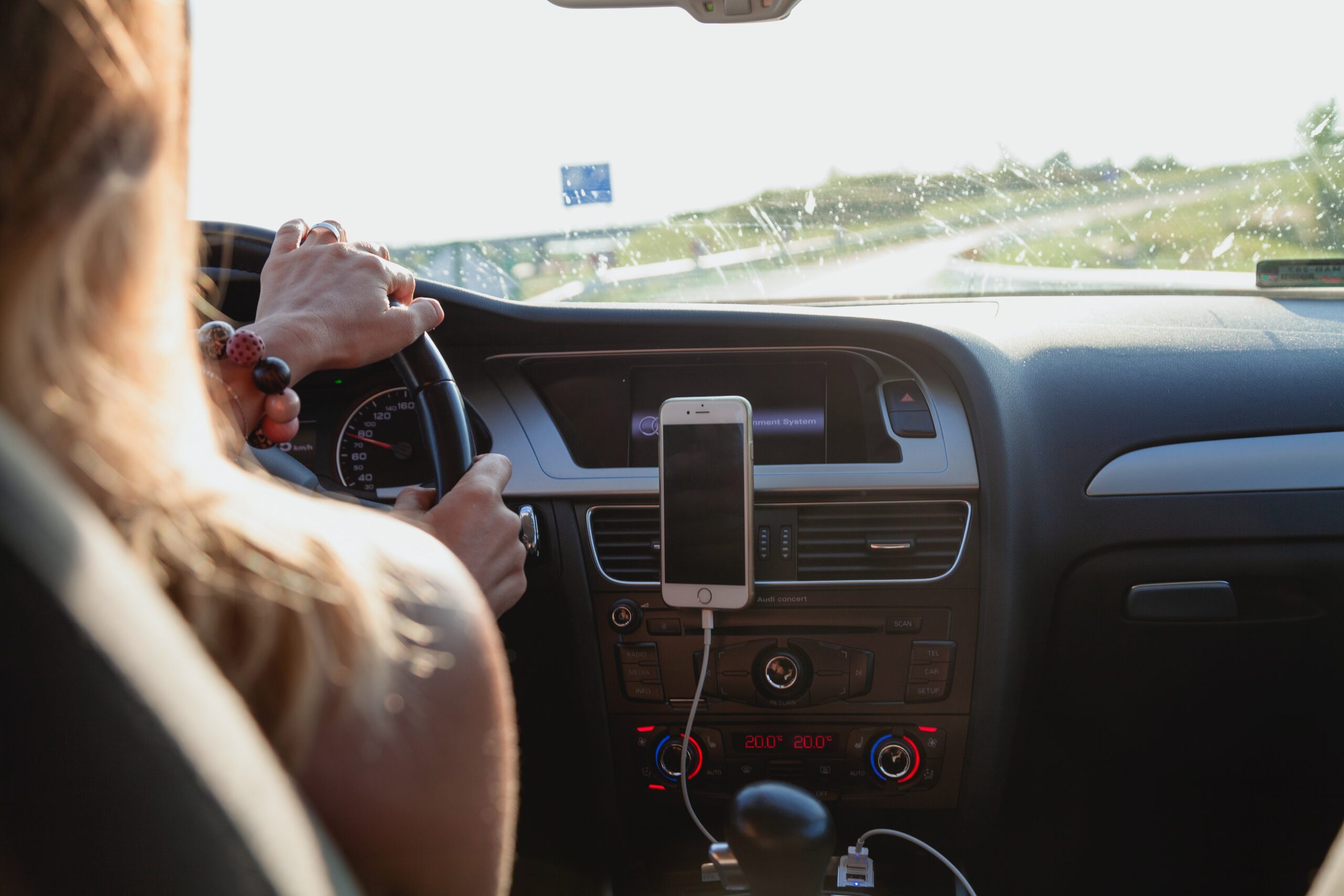Learning to travel gluten-free means a lot of things. It means finding the right snacks and how to avoid gluten in restaurants and hotels, yes. However, it also means being able to manage the issues that can come with exposure to gluten, whether intentional or accidental. Inflammation is a very common symptom for those people who have gluten intolerance. So, what can you do to better manage it when you’re travelling?

Eat more anti-inflammatories
The first thing that you can do is to make sure that you’re aware of the anti-inflammatory foods that you can incorporate more of in your diet. As the moniker suggests, these are foods that can help to reduce the inflammatory response. They won’t entirely cancel it out if you do eat something with gluten, but they can help you recover better from an inflammatory response. Some anti-inflammatory foods include things like leafy green vegetables, berries, high-fat fruits like avocados, fatty fish like salmon, and nuts and seeds.
Get a little relief
It’s not just food that can help you calm the inflammatory response in your body. If you have recently eaten gluten and are experiencing some negative side effects, you might not exactly want to start eating something else, anyway. Instead, a little CBD oil might be able to help. Though the research into CBD is still ongoing, there are a lot of people who use it specifically to fight inflammation and find it to be helpful, such as those people who work out and want to prevent joint inflammation after the end of their workouts. There are people who report the same experiences with celiac and gluten.
Flush out the gluten
If you have exposed yourself to gluten, then the best way to stop its effects might be to get it out of your system more quickly. To that end, you should consider using digestive enzymes to speed up the process and get it out more quickly. Some people find that charcoal pills can help as well, as it is known to bind with things that have been digested, like gluten, and stop them from being absorbed by the body. However, you should be mindful that charcoal can do this to medications as well, so talk to your doctor about using it.
Practice some self-care
Rest and recovery is important if you’re having a response to gluten. You might have to spend some hours in the hotel room to make sure that the fatigue that comes with it doesn’t ruin the entire day. This might mean getting some shut-eye or taking a bath to stimulate the immune system. You’re definitely going to need to hydrate so make sure that you always have some clean bottled bottle around and know whether or not the water where you are is safe to drink.
Of course, avoiding gluten on the road is the best way to make sure that you don’t experience any inflammation. However, with the tips above, you can make sure that you’re not just avoiding, you’re actively managing your risk.




